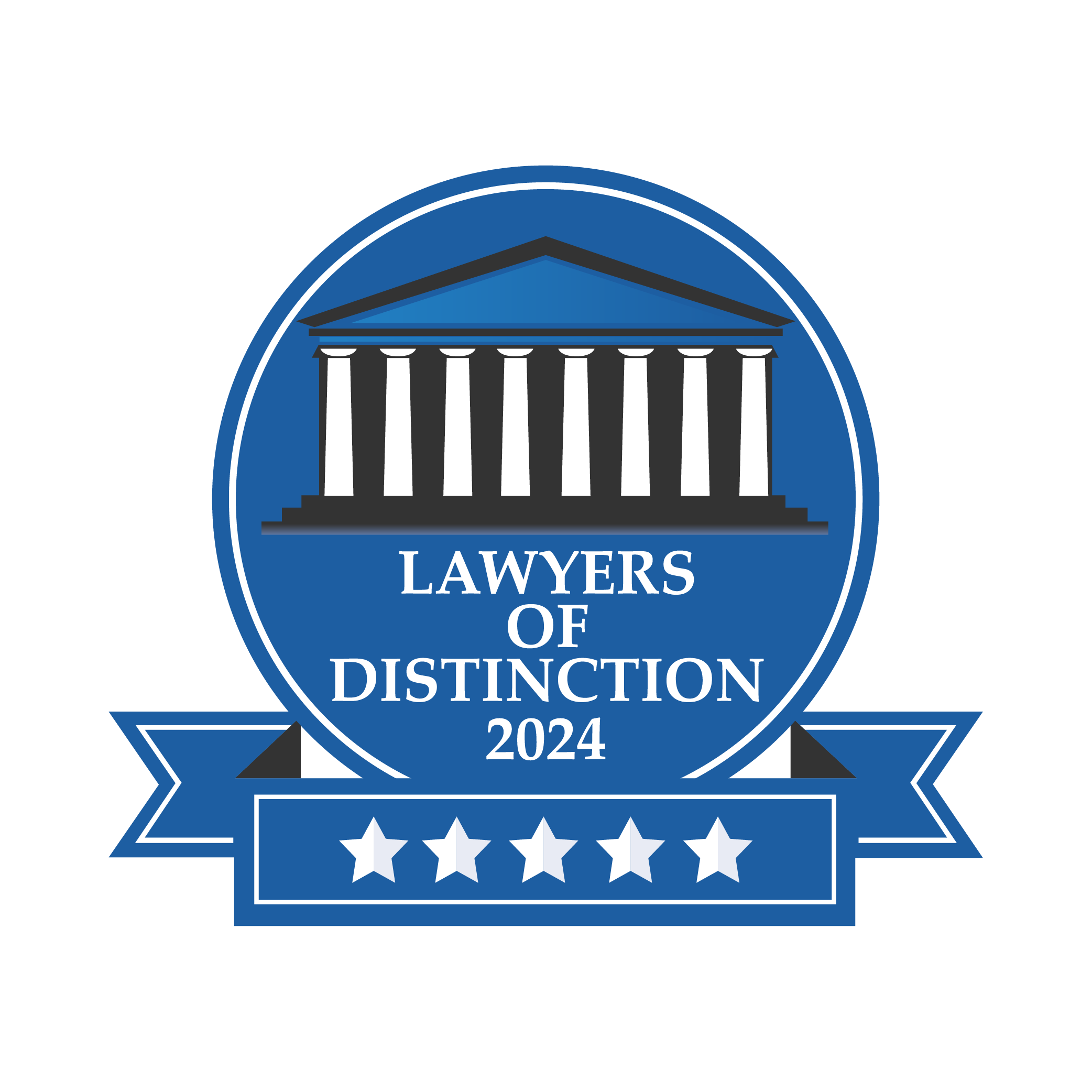Negligence in law is a failure to exercise the level of care that a reasonable person would use in similar circumstances, resulting in harm or damage to another person or their property. Understanding negligence is essential, especially if you are involved in an accident or a legal dispute related to personal injury.
Legal Definition of Negligence
Negligence is a legal concept describing a failure to meet a standard of behavior established to protect society from unreasonable risk. In other words, it involves not acting as a reasonable person would in the same situation. This failure to act responsibly can lead to harm or injury to others, forming the basis of many personal injury claims.
Key Elements of Negligence
To successfully prove negligence in a legal case, the following four elements must be established:
- Duty of Care: The defendant owed a legal duty to the plaintiff. For example, drivers have a duty to follow traffic laws to ensure the safety of others on the road.
- Breach of Duty: The defendant breached their duty by not meeting the expected standard of care. An example of this is running a red light, which violates traffic safety rules.
- Causation: The breach of duty must be the direct cause of the injury or damage. This involves proving that the harm would not have occurred without the defendant’s actions or omissions.
- Damages: The plaintiff must demonstrate actual harm or loss resulting from the breach of duty, such as medical expenses or property damage.
If any of these elements are not met, a negligence claim may not succeed.
Types of Negligence
There are several forms of negligence in law:
- Ordinary Negligence: Failure to exercise the standard care that a reasonably prudent person would.
- Gross Negligence: A severe lack of care that shows reckless disregard for the safety of others.
- Comparative Negligence: When both parties share fault for an accident, damages are divided proportionally.
- Contributory Negligence: If the plaintiff contributed to their injury, they may be barred from recovering damages.
- Negligence Per Se: When someone violates a law specifically designed to protect others, leading to injury.
Examples of Negligence
Who decides whether someone is liable because of negligence? After being presented with evidence by the lawyers, a judge or jury will determine what an “ordinary” or “reasonable person” would have done in similar circumstances. In the example of an automobile accident, a judge or jury is likely to find a driver negligent if their conduct departs from what an ordinary reasonable person would have done in similar circumstances. An example would be failing to stop at a stoplight or stop sign.
Some other examples of negligence include:
- A driver texting while driving and causing a collision.
- A doctor making a surgical error, such as leaving a foreign object inside a patient.
- A store owner neglecting to clean a wet floor, resulting in a customer slipping and getting hurt.
Gross Negligence: An Extreme Case
Gross negligence is more severe than ordinary negligence and involves a blatant disregard for safety. For example, if a driver speeds through a crowded area at 100 mph, their actions may be considered grossly negligent due to the extreme risk posed to others.
Why Legal Advice Matters
Proving negligence can be complex. Missing even one of the four key elements can undermine a claim. Therefore, consulting a personal injury attorney can help you build a strong case. Legal professionals can evaluate the specifics of your situation and determine the best way to demonstrate negligence under the law.
If you have been harmed due to someone else’s negligence, contact our experienced Las Vegas personal injury lawyers at Valiente Mott today for a free consultation. We can help you understand your legal rights and pursue the compensation you deserve.

